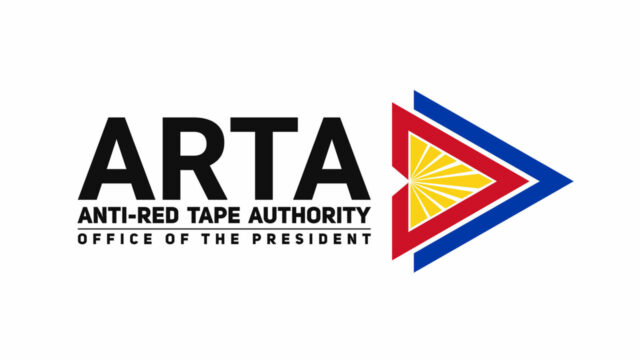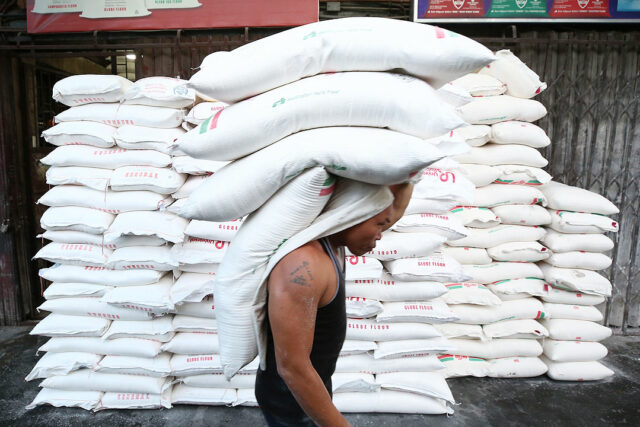Pharmaceutical industry sees upside when government expands drug procurement
By Justine Irish D. Tabile, Reporter
PHARMACEUTICAL companies are pinning their hopes on an expansion in government drug procurement under universal healthcare, the Philippine Pharmaceutical Manufacturers Association (PPMA) said.
PPMA President Higinio P. Porte, Jr. told reporters late Monday that Philippine manufacturers command only a 5% share in government procurement, underperforming their 40% share of drug output.
According to the Roadmap of the Philippine Pharmaceutical Industry, domestic drug output and its share of government procurement is targeted to increase to 60% and 50%, respectively, in the next six to 10 years.
“There is a big opportunity in the implementation of the universal healthcare program because right now, the medicines that are covered are only for inpatient users,” Mr. Porte said.
“The Department of Health (DoH) is planning to implement, I hope by next year, an outpatient drug benefit initiative aligned with universal healthcare,” he said.
He said that the initiative will present the domestic drug industry with opportunities to participate in bids to supply National Government or local government hospitals.
Currently, medicines subject to centralized procurement by the DoH do not include cardiometabolic medicines, which are procured by each local government unit.
To realize the full potential of the initiative in making local manufacturers more competitive, Mr. Porte said that the industry association is pushing for pooled procurement.
“If the government is able to pool everything, the local manufacturer will be more competitive because it will supply in large batch sizes,” he said.
At the moment, he said that the PPMA is working with the DoH on the centralized procurement of anti-tuberculosis and anti-HIV medicines, which they plan to expand to include cardiometabolic drug products.
In 2023, the pharmaceutical market was valued at P270 billion, which he said will grow if domestic manufacturers can bid to supply the outpatient drug benefit program.
“There is a big opportunity in the next 10 years because the government will have a big budget for the procurement of medicines,” he said.
“And that is the opportunity that we want to take, for the local manufacturers to bid to meet the government requirement and to supply the drug stores that will be accredited later on by the DoH for the outpatient drug benefit,” he added.
Under the outpatient drug benefit, the DoH will be setting aside P9,000 per individual annually.
“So, you can just imagine if 10 million Filipinos can access that; that’s P90 billion… The industry’s opportunity is in collaborating with big drug stores so domestic manufacturers will supply them instead of importers,” he added.
However, he said that a challenge remains — imported medicines are much cheaper due to lower manufacturing costs.
“We are proposing the implementation of the Pharmaceutical Inspection Cooperation Scheme (PICS). Once the Philippines becomes PICS-accredited, that will require all imported medicine to be PICS-certified as well” to address any doubts about their quality, he said.
“That is the problem in our regulations: the FDA can inspect local manufacturers at any time, whereas they are not able to inspect international manufacturers,” he added.
He said that manufacturers in the Philippines have been setting aside 80% of their investment in upgrading their facilities to comply with international standards.
“That is the first reason why our products in the Philippines are more pricey compared to when DoH sources the medicines in India and China, which are really cheaper but not at par in quality,” he said.












